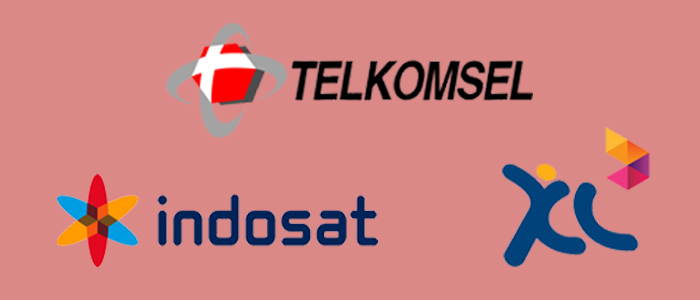The Battle of the Big Three
Moody’s Investors stated that the three telecommunication giants in Indonesian archipelago and their respective telecomm towers are set to expand amidst the tightening competition stance among telecommunications providers in the country.
Out of the 11 telecommunication providers in the country, the three giants take 80% of the whole market share among them. The Big three owned 221 million out of the 278 million subscribers of Indonesia. The country now remains to be house the 4th largest telecommunications users in the world.
Other telecom providers in Indonesia face threats of total dissolution with the rise of the Big Three and the underlying battle among them. Since they cannot penetrate the major cities such as Jakarta, Bali and Sumatra, some of the providers target remote but prospering islands and regions instead. However, with the rampant telecom scams surrounding these remote areas, consumer’s trust is hard to gain.
Out of the three, Telkomsel had remained number 1 with a user base of 123 million users. It also makes it the 7th largest in the world. Despite the almost monopolistic rank of Telkomsel eating 60% of the market share among the Big Three, investors are still wary because its dominant share is reviewed to be unstable as it fluctuates every now and then.
Telkomsel’s driving force is its frugal subscribers who mostly use prepaid airtime. This factor is seen as the reason behind its revenue fluctuation. Some customers may spend little on their subscription, taking advantage of promotions or not using their network at all. Up to 92% of its users are prepaid while the post –paid users, the more extravagant ones had dropped by 5% last August.
Indosat is also one of the big three and gets 21% of the market share. It has become the most varied operator out of the three since it also offers satellite communications, cable TV, internet and other subsidiaries since its foundation on 1967. Indosat is expected to field offer 4000 of its tower networks as a part of the trend in Indonesia.
Another member of the Big Three and one of the first to sell its towers is XL Axiata, a subsidiary of Malaysia’s Axiata Group. The company has 19% share of the total users and has been known to be a great competitor of Indosat. Its recent move to purchase Axis Capital Group, one of the existing 11 operators of the country has shaken its other competitors. The company is known to recently and continuously focus on developing its network to better support delivery, which has consumed much of its capital.
By using this site you agree to this Privacy Policy. Learn how to clear cookies here
ياسمين عز.. ملكة الإلهام والجدل zflnov And then they would get bombed and not us Win888 - Link Chinh Thuc Truy Cap Trang Chu Win888 Club Ví Nam: Phụ Kiện Thiết Yếu Cho Phái Mạnh sv66solutions The Hilarious Tale of Fabius Samios, the Unforgettable Wisecracking Philosopher A Short Review on Asset Protection Trust by the Marvont Group Axia Consulting: Human Resource (HR) Software RFI / RFP Template A Trained Wedding Photographer Cincinnati Posses The Following